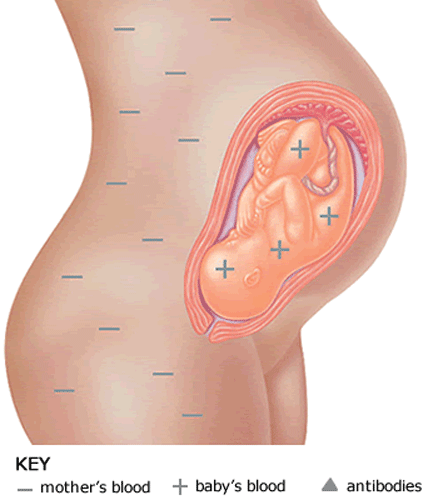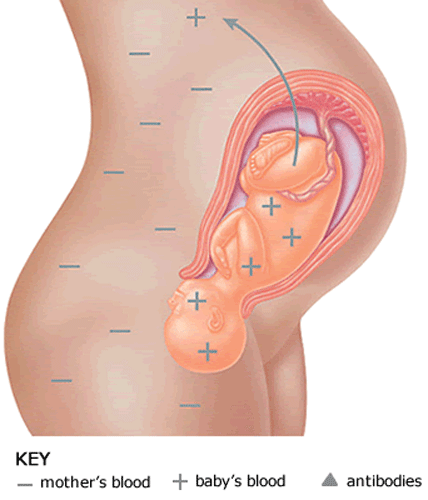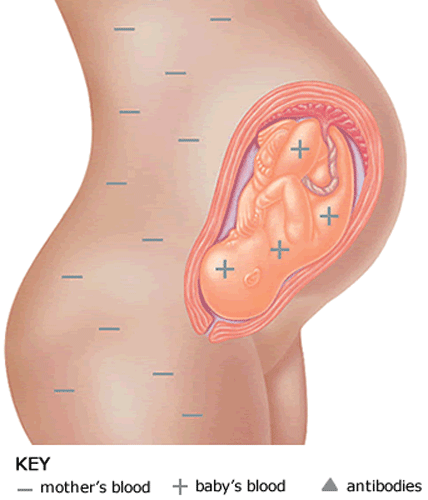Blood tests How these contribute to your prenatal care
You will be
offered several blood tests during pregnancy and the results provide
vital information that may affect your pregnancy and help your
caregivers to plan your care.
At your first appointment, you will be offered blood tests to check for the following:
These are usually taken at the same time, so you won't need a separate blood sample for each!
Preparing for visits Getting ready for your prenatal appointments
Knowing what to
expect at your prenatal appointments and having the necessary
information at hand will mean the allotted time is used efficiently.
At your first prenatal
appointment, your midwife is gathering as much information about you as
possible to build a picture of your health and consider the most
appropriate type of care for you. Make sure you have the date of your
last menstrual period, as well as the dates of any previous pregnancies,
including ones that ended in miscarriage. You will also need
information on your family's medical history and your partner's medical
history, including any inherited abnormalities, so check before the
appointment if you are unsure about anything. Read any information sent
by the doctor or midwife and make a list of any questions so that you
don't forget them.
Rhesus negative
Each person's blood
carries a rhesus factor (Rh-factor), which is positive or negative.
Problems arise if a Rh-negative woman carries a Rh-positive baby who has
inherited the status from the father. If the mother's blood comes into
contact with the baby's blood during pregnancy or delivery, she may
produce antibodies against the baby. This does not usually affect a
first baby, but may cause problems in subsequent pregnancies when a
mother's antibodies attack the cells of another Rh-positive baby.
First pregnancy:
At delivery, the
mother may be exposed to her baby's blood. The baby's and mother's blood
mix and she develops antibodies against the baby.


Subsequent pregnancy:
Anti-D antibodies
attack the next baby's blood and can cause heart trouble and anemia.
Rh-negative women are given anti-D injections to combat this.

Obstetric terms Understanding your chart
The information
in your chart should be open to you and will be sent to the hospital
regularly during your pregnancy. If you decide to transfer care or move,
you can take a copy to your new doctor. Some common abbreviations and
terms:
BP Blood pressure.
Hgb Hemoglobin levels (iron).
Primagravida A woman in her first pregnancy.
Multipara A woman who has had previous babies.
FHR Fetal heart rate.
Fm Fetal movement.
LMPLast menstrual period.
EDD/EDC Estimated date of delivery/confinement.
Ceph Cephalic, baby head down.
Vx Vertex, baby head down.
Br Breech (baby is head up).
OA or OP Baby is presenting face up or face down.
FH Fundal height, an estimation of fetal growth.
EFW Estimated fetal weight.
NOTE
The meaning of “midwife” is “with woman.” As you get to know your midwives, you will also find out more about your body and baby